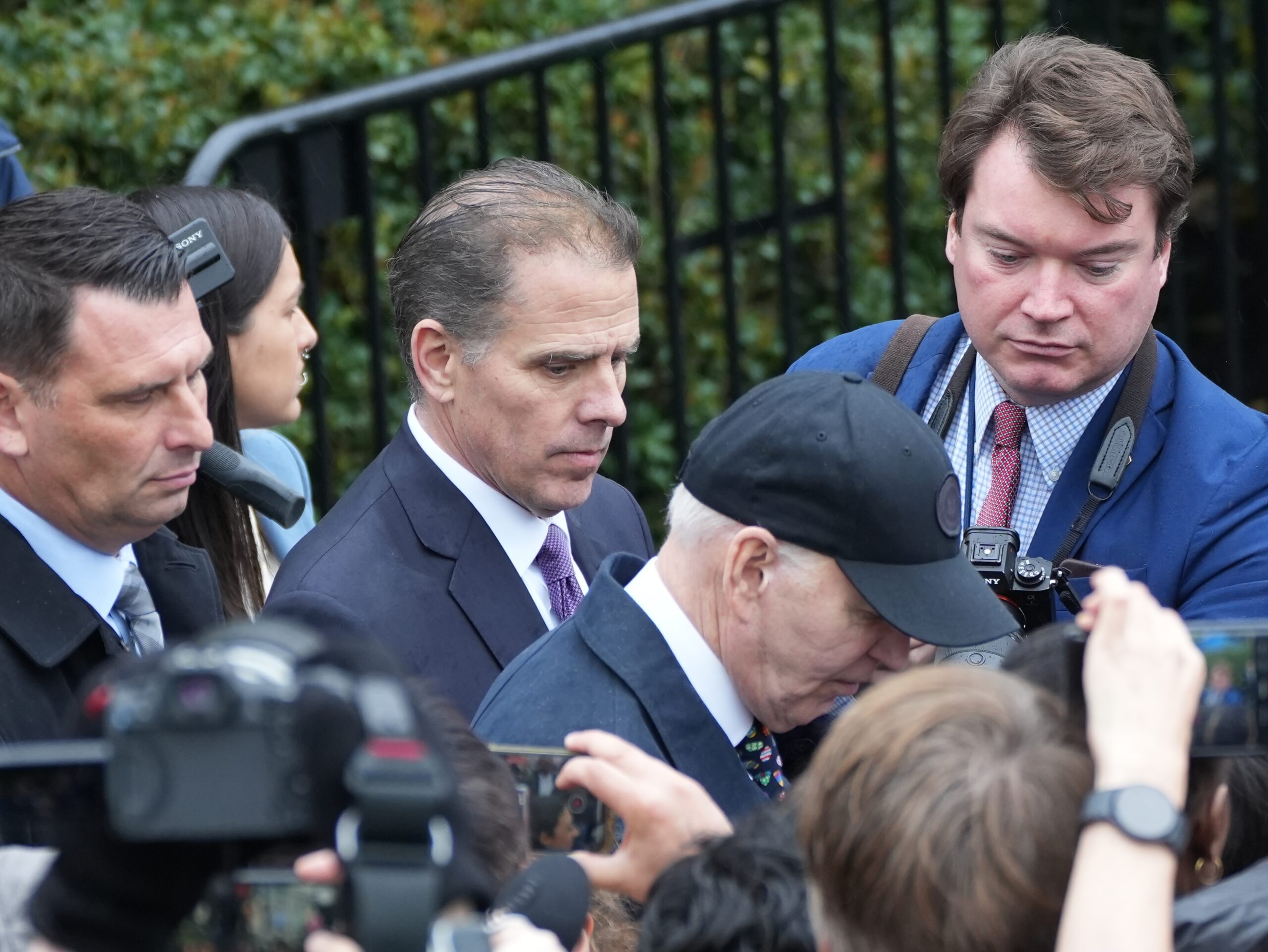The campaign advocating for tax relief on tips highlights ongoing debates about financial equity among tipped workers and independent contractors in the gig economy.
At a Glance
- President Trump and other politicians propose tax exemption for tipped income.
- Critics argue it may benefit high earners more than low-wage workers.
- Independent contractors in the gig economy remain largely excluded from current proposals.
- Calls for universal, inclusive tax policies and portable benefits are growing.
The Movement for Tax Relief
The “No Tax on Tips” campaign seeks to lessen the tax load on tipped workers, aiming to improve their financial security. President Trump, during his 2024 campaign, proposed exempting tips from taxation, a move echoed by Vice President Harris and lawmakers in 20 states. While the goal is to assist low-wage earners, studies suggest this approach might benefit only a minority of them, as most already pay no federal income tax. The key beneficiaries could be high earners, not the intended low-wage workers.
Critics argue that the plan could undermine workers by reducing employer pressure to raise wages, potentially leading to more exploitative employer practices and an expansion in the types of transactions soliciting tips. Without addressing these concerns, the proposal might do more harm than good for the average low-wage earner.
Independent Contractors Left Behind
The current legislative focus primarily benefits employees such as restaurant servers, neglecting independent contractors like rideshare and app-based delivery drivers. Millions of these workers continue to pay taxes on their tips, crucial sources of income that help them manage essential living costs. These workers appreciate the flexibility their roles offer but also advocate for fair treatment similar to their server counterparts.
Legislators are urged to consider reforms that provide equal tax treatment for all who rely on tipped income. Efforts like DoorDash’s DashRoots advocacy network, which mobilized thousands of workers to contact lawmakers, highlight the demand for more inclusive tax policies. Expanding these protections to the gig economy could promote economic stability for a significant segment of the workforce.
A Broader Call for Inclusive Policy
Beyond tax reform, the conversation includes the necessity for portable benefits, which could offer a secure financial safety net for all workers. States are exploring portable benefits programs, and federal legislation could enhance these initiatives. Achieving bipartisan support for these changes would ensure long-term economic prosperity for tipped workers and independent contractors alike.
To genuinely support these workers, raising the minimum wage and phasing out the tipped minimum wage are crucial steps. The policy direction needs to include all income-generating individuals, recognizing the substantial economic contribution of the app-based economy. Ultimately, fair taxation and benefits policies represent an essential pathway to employment equality in today’s diverse economic landscape.







